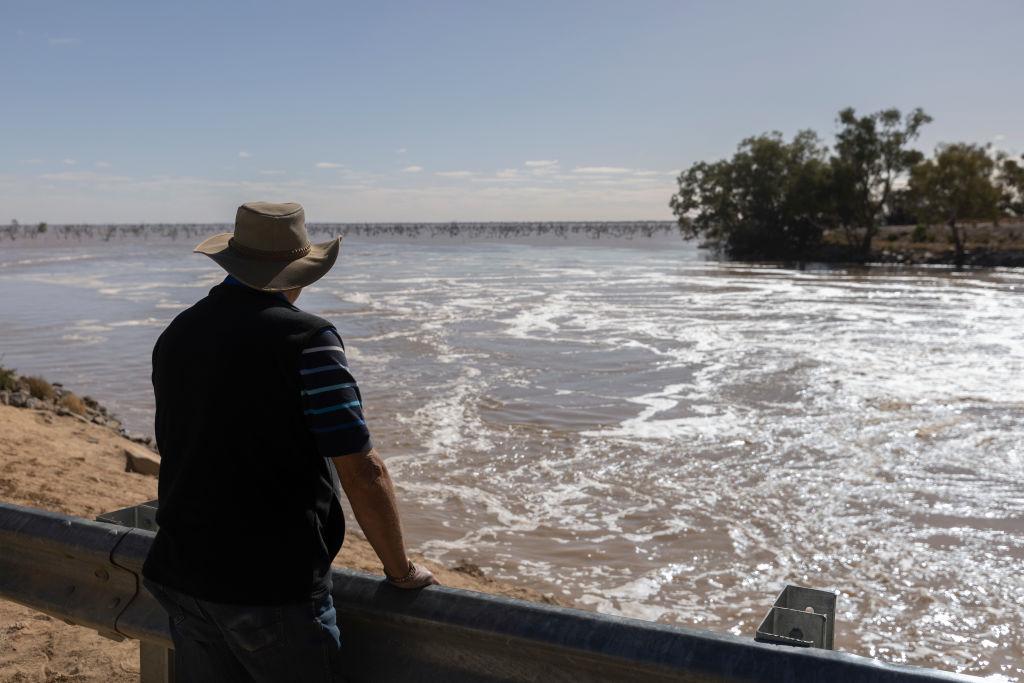Australia’s food production and security will be “at risk” if the New South Wales (NSW) and Victorian state governments do not withdraw from the contentious Murray Darling Basin Plan, one community representative has warned.
Jan Beer, a representative from the Upper Murray River Catchment Association in Victoria, told The Epoch Times that the implications of the federal government’s water buyback scheme would be far-reaching if pursued.





